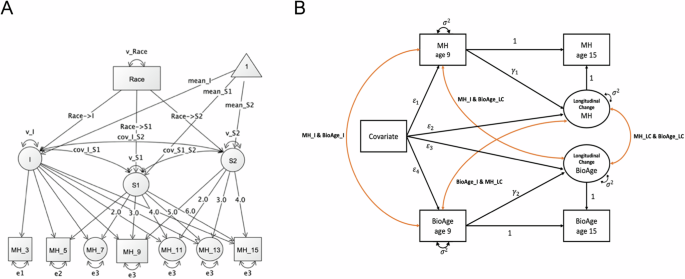A recent study published in Molecular Psychiatry examines the connection between racial disparities in mental health and biological aging among children and adolescents. Researchers found that structural racism could increase the risk of aging-related diseases by negatively impacting mental health. This study utilized data from the Future of Families & Child Wellbeing Study, which included 4,898 participants, with a focus on 2,039 children who provided saliva samples for DNA methylation analysis at ages 9 and 15.
The findings indicate that children from racially marginalized backgrounds exhibited higher levels of both internalizing and externalizing behaviors, alongside significant differences in biological aging markers. Specifically, Black children, those living in racially segregated neighborhoods, and children affected by colorism showed accelerated biological aging by age 9 and continued increases through adolescence.
Quantitative analyses revealed that increases in internalizing and externalizing behaviors correlated with accelerated biological aging. Although socioeconomic factors largely accounted for racial and ethnic disparities in mental health, biological aging indicators persisted even after controlling for these variables.
The study emphasizes the need for further research on biological aging processes starting from early childhood and suggests the importance of addressing structural racism’s impact on mental and physical health disparities. The authors advocate for initiatives aimed at improving racial health equity to mitigate these adverse effects on youth mental health.



